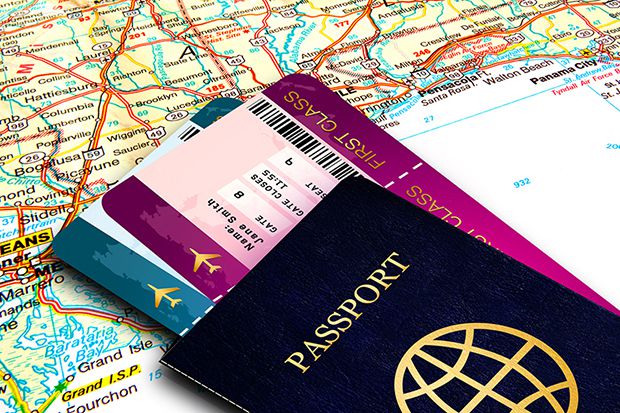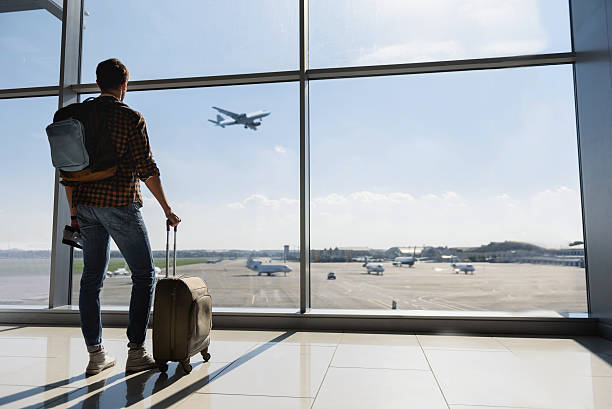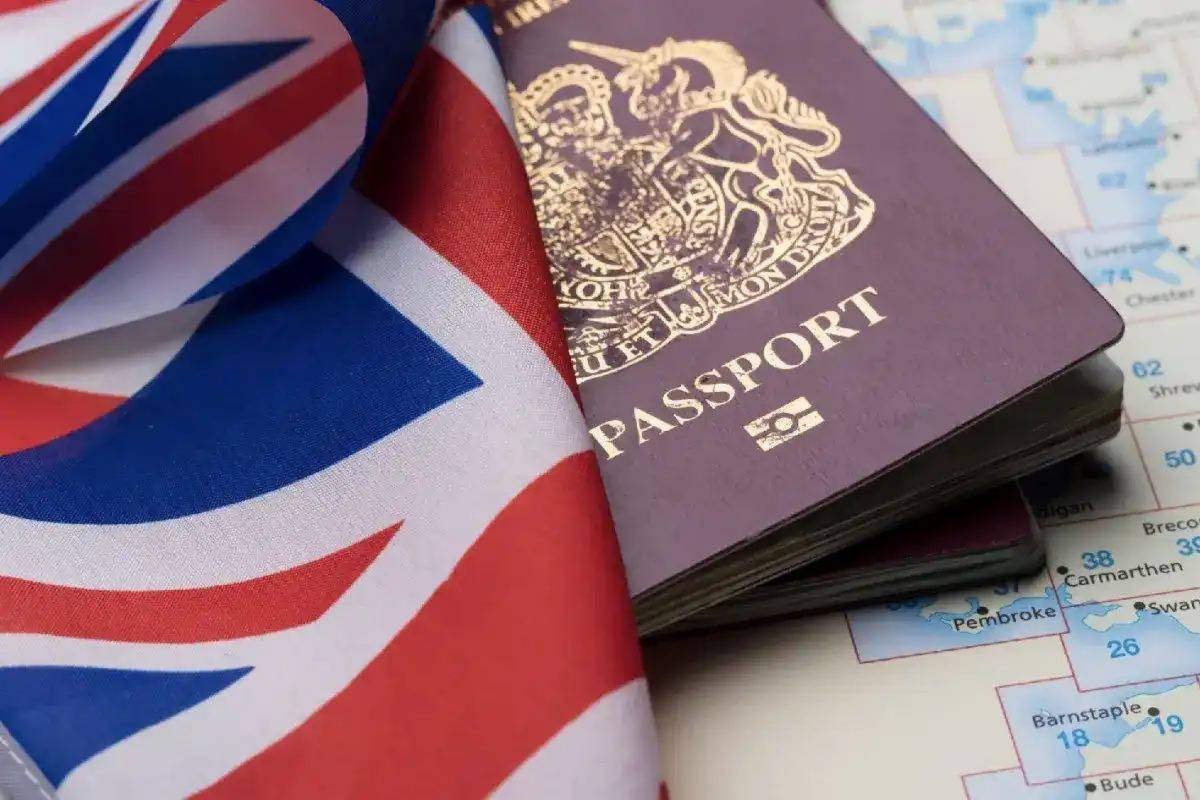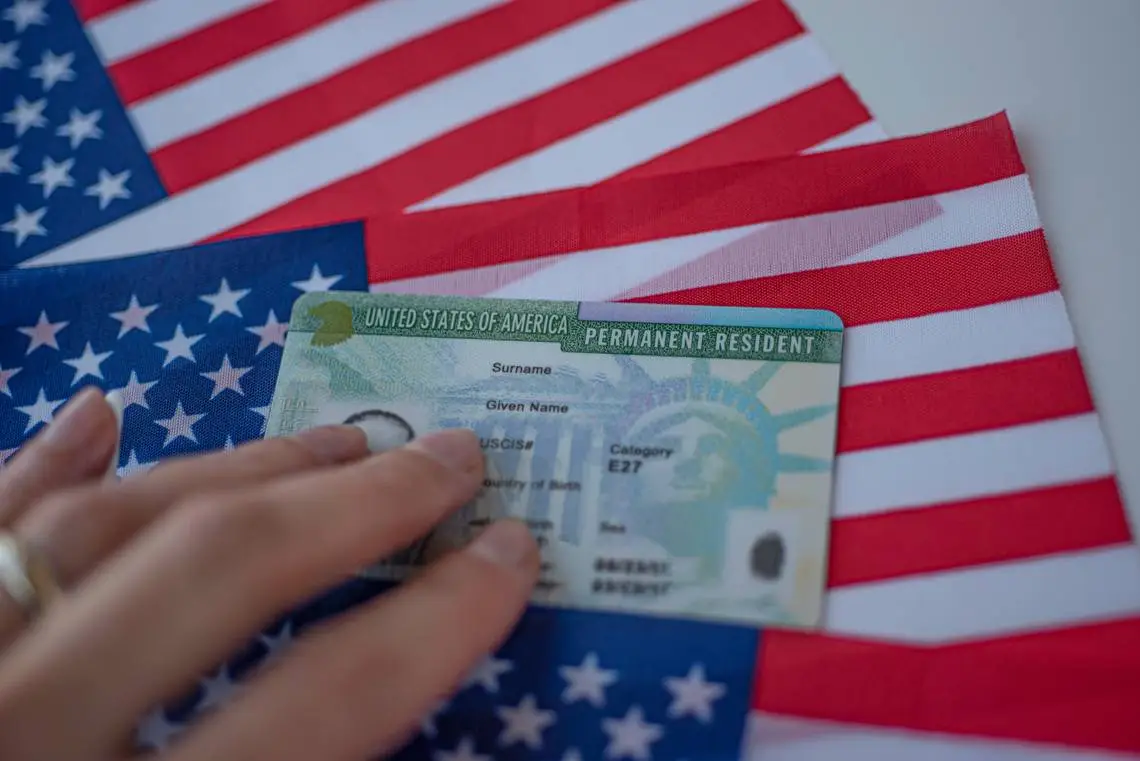
The Schengen Area is a zone in Europe made up of over 20 countries that have abolished passport
control in order to facilitate travel and transport within the area. Established in Schengen,
Luxembourg in 1985, the goal of the agreement was to promote free movement across the
participating countries.
There are 27 countries in the zone, including Austria, Belgium, Croatia, France, Germany, Portugal
and Spain. To get a visa for the Schengen Area, you will need to follow a set process. It’s important
to take your time gathering the documents and correctly filling out the application, as it will expedite
the process and improve your chances of having your application approved.
How do I apply for a Schengen visa?
If you are travelling to the Schengen Area, you will need to apply for a Schengen visa from the
embassy or consulate of the country where you will spend most of your time or the country you will
enter first.
During your Schengen visa application, you will need to provide:
– Completed application form
– Valid passport
– Passport photos
– Travel insurance
– Flight itinerary
– Proof of accommodation
– Proof of sufficient funds
The specific documents required vary between individual countries as well as from applicant to
applicant. Further documents like letters of invitation, proof of employment, or proof of enrolment
in a university or other educational institution may be required if necessary.
You will also have to visit the embassy or consulate of the country you are applying to in order to
submit your application and attend an interview. Then the embassy or consulate will review your
application.
How long does it take to get a Schengen visa?
The processing time for a Schengen application can vary from country to country as well as between
applications. Generally, however, most applications take around 15 calendar days, although during
peak travel seasons, it may take longer.
It’s advisable to apply for your visa well in advance of your planned travel dates to allow for any
exceptional circumstances or other delays. It’s also important to ensure you provide all necessary
documents to speed up the application process.
Once your Schengen visa application is approved, you can collect your passport and visa from the
embassy or consulate.
How much bank balance is required for a Schengen visa from Nigeria?
When you apply for a Schengen Area visa, you have to provide proof of certain requirements,
including proof of funds. For most people, this means providing bank statements for the last three to
six months to demonstrate you can afford to cover your expenses during your stay. While the
required bank balance varies from country to country, you generally have to show at least £50 to
£100 per day of your stay. You may also have to provide evidence of employment, such as a letter
from your employer stating your position, salary, and approved leave of absence.
How long does it take to process a Schengen visa from Nigeria?
Depending on the country you are visiting, as well as the duration of your stay, the time it can take
for your visa to be processed can vary. Most applications tend to take around 15 calendar days,
however it’s advisable to look on the specific embassy or consulate’s website for the country to
which you are travelling.
Do Nigerians need a Schengen visa?
Generally, Nigerians do require a Schengen visa in order to travel to countries within the zone. Not
all countries within the Schengen Area have embassies or consulates in Nigeria. So, in some cases,
you may need to apply for a visa through an application centre of another consulate or embassy
representing the country you are travelling to.





